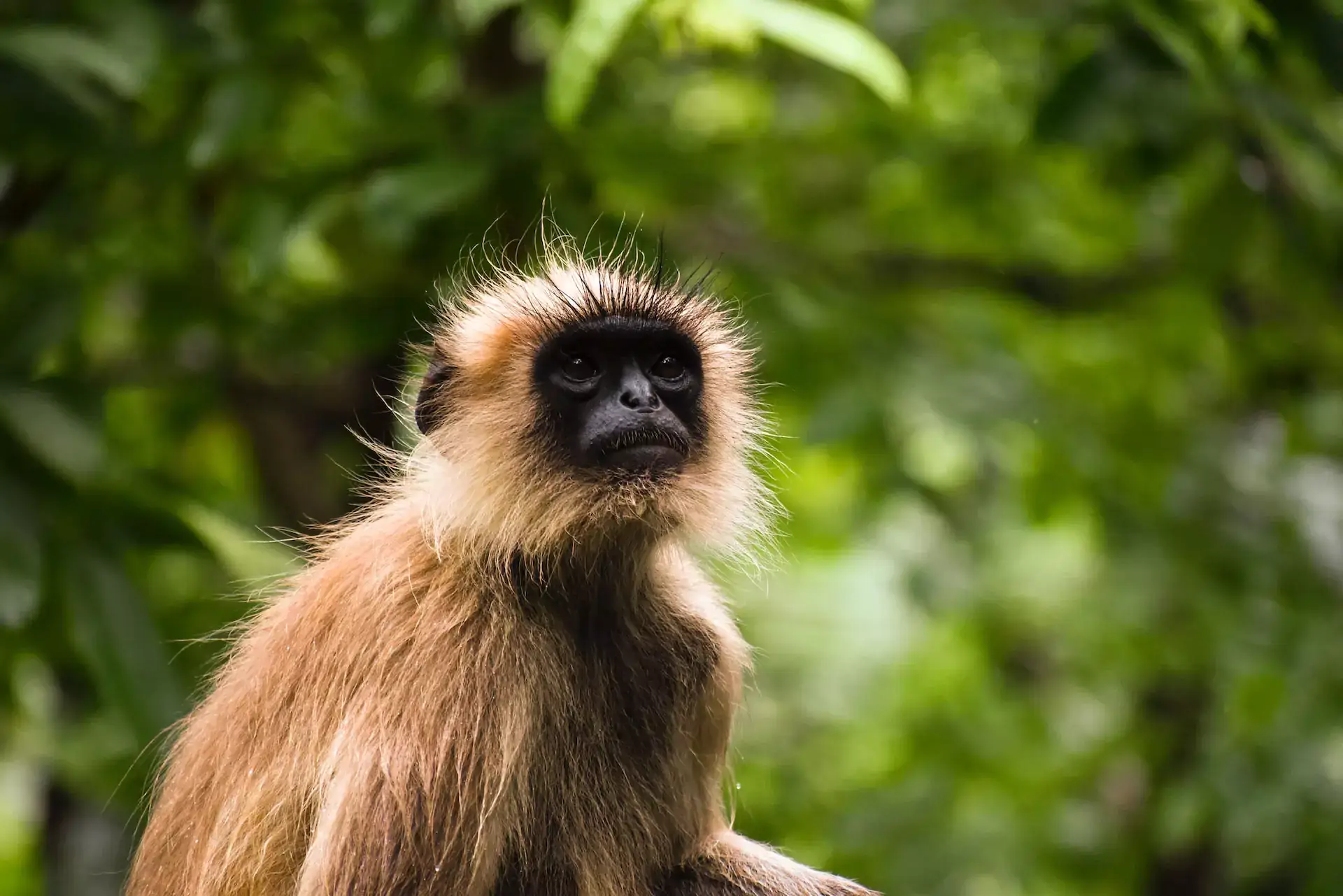Today, September 1st, is International Primate Day. It also marks the start of Responsible Pet Ownership Month. One thing that is unique about us here at Clermont Animal Hospital is the fact that we treat primates. A local Greater Cincinnati vet discusses primates in this article.
International Primate Day was started back in 2005 by Animal Defenders International. It was originally meant to advocate for ending medical experiments on monkeys, but has evolved along the way. The day now is dedicated to raising awareness for primates and the challenges they face in the wild. Conservation efforts are helping, but there is a lot of work still to be done to protect and preserve these beautiful animals.
There are more than 350 types of primates on the planet, but only a few can be kept as pets. These include the Capuchin monkey, certain lemurs, Bush babies, Squirrel Monkeys, Marmoset, Chimpanzees, and Tamarin Monkeys. However, it is illegal in many places to own primates. In other areas, you’ll need a specific type of permit to have a primate.
For most people, the answer to that question is probably no. There are a lot of things to consider before adopting one, and a lot of potential drawbacks. Space is one issue. Even the smallest primates need pretty large enclosures, and some are never truly happy living in confinement. They’re also not the cleanest animals to keep. You’ll need to keep diapers on your pet, and may have a lot of messes to deal with. Behavioral issues are another concern. This may range from destructive behavior to doing things like throwing feces. Some primates become aggressive, which can be extremely dangerous. Finding good veterinary care can be challenging, depending on where you live. Last but not least, primates are very expensive. Even a small monkey may cause $7000. That said, there are cases where primates do just fine. Just do your research before adopting one.
Primate Day is really aimed at protecting the wild primates, many of whom are under severe threat from habitat loss and other issues. In fact, 65 percent of primate species are listed as vulnerable, endangered, or critically endangered. If you want to help, consider donating to one of the organizations that is working hard to save these majestic creatures. You can find a list of some of the most respected ones here.
Do you have questions about primates? Contact us, your Greater Cincinnati animal clinic, any time.
